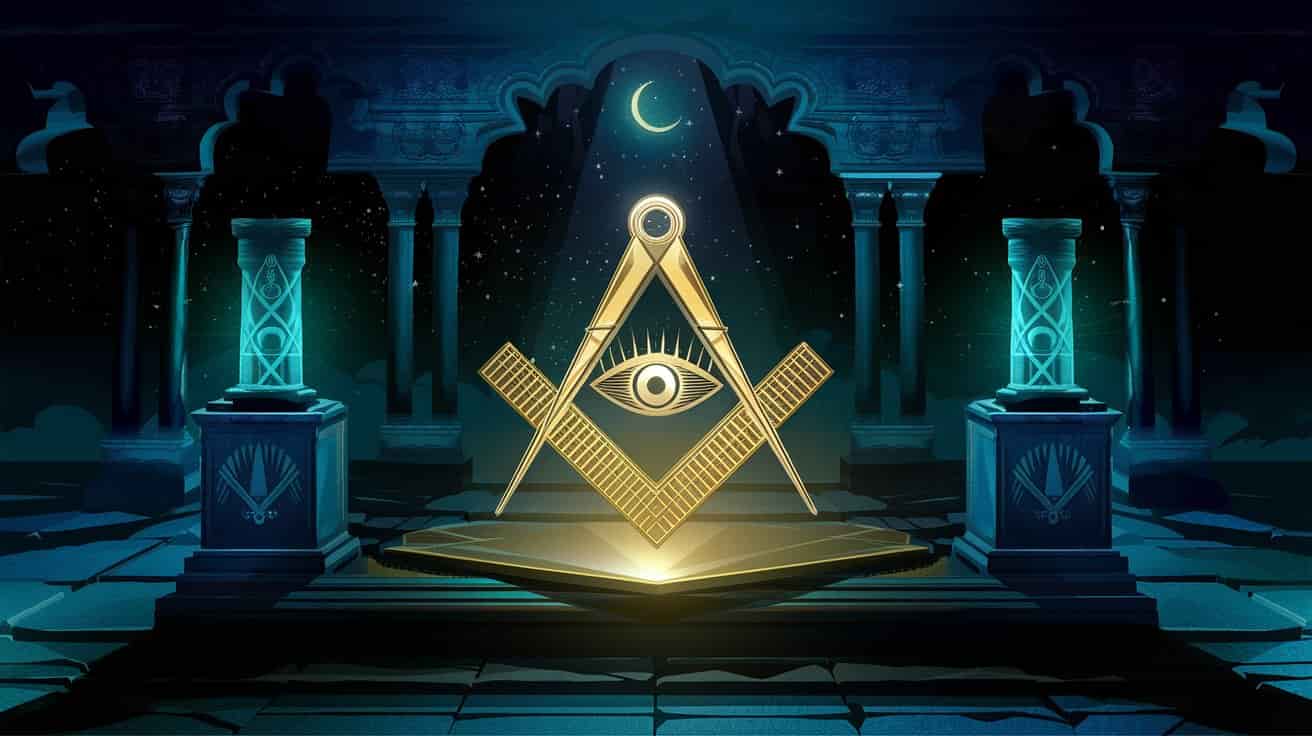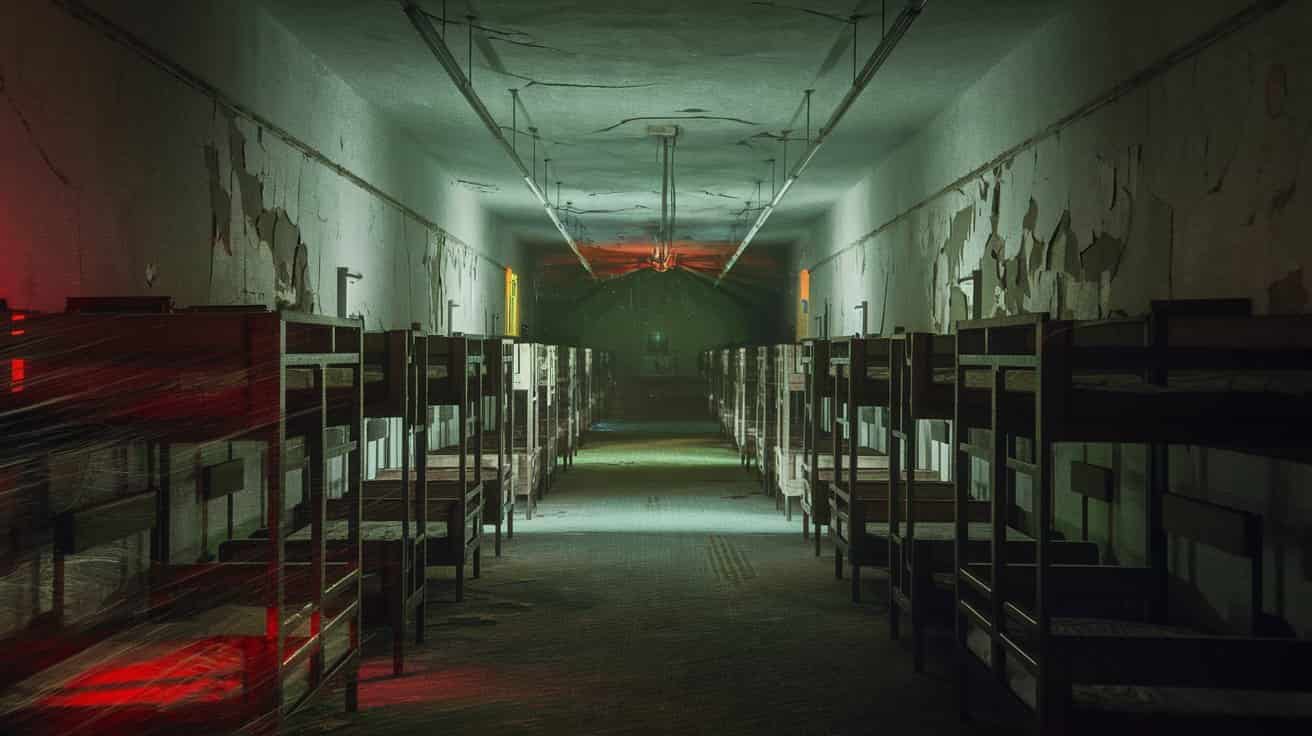The Bilderberg Group and the New World Order
Modern Power Dynamics in the Contemporary World
The complexity of global politics and economics has led many to believe that a single power or group operates behind these systems. Within this context, the Bilderberg Group and the New World Order theories have become central to discussions about the existence of invisible forces controlling global affairs. Both concepts have symbolized some of the greatest power struggles in world history. But how realistic are these claims? Or are they merely attempts to make sense of complex power structures? Let’s delve into this mysterious world.
The Bilderberg Group: A Community Between Secrecy and Power
Origins and Early Years
Structure and Purpose of Meetings
- Closed-Door Discussions: The organizers of Bilderberg Group meetings completely close them to the public and do not record the discussions.
- Official Statements: The group describes its purpose as providing a “free and candid exchange of ideas.” However, this explanation has not alleviated public skepticism.
The Bilderberg Group: Criticism and Doubts
The Bilderberg Group is often seen as the epicenter of a “global elite’s plans to govern the world.” Some of the main accusations include:
- Hidden Agendas: It is alleged that the group secretly shapes international policies.
- Contradiction to Democracy: Closed-door discussions are believed to undermine the authority of elected representatives.
- Economic Control: The inclusion of major corporations and financial giants reinforces the perception that global economic decisions favor specific interest groups.
The New World Order
Historical Background of the Concept
The term “New World Order” was first introduced by global leaders in the early 20th century. Efforts to establish an international system after World War I were the concept’s initial tangible examples. However, after the Cold War, the term became a cornerstone of conspiracy theories pointing to a global control mechanism.
Key Elements of Theories
- One World Government: A system where nation-state sovereignty ends, and a centralized world government is established.
- Digital Surveillance: The use of technology to monitor and manipulate individual behavior.
- Economic Hegemony: The theory that the global economy is controlled by specific elite groups, pushing much of the population into economic dependency.
Organizations Associated with the New World Order
- Bilderberg Group: Alleged to be laying the groundwork for a centralized world government.
- Trilateral Commission: Created to enhance cooperation between America, Europe, and Asia, but often accused of pursuing an “elitist agenda.”
- Illuminati: Often portrayed as a secret elite group driving the New World Order agenda.
Criticism and Defense
Criticisms
- Lack of Transparency: The secretive nature of the Bilderberg Group is seen as a violation of democratic accountability.
- Lack of Evidence: Most New World Order theories lack concrete proof and rely on speculation.
- Exaggerated Claims: These theories often offer oversimplified explanations for the complexity of the modern world.
Defenses
- Freedom of Thought: Proponents argue that closed meetings are essential for open and honest discussions.
- Solutions for Global Issues: Supporters believe the Bilderberg Group seeks to address the world’s major challenges.
- Harm of Speculations: Excessive conspiracy theories may distract the public from focusing on real issues.
The Place of These Theories in the Modern World
Prominent Participants in the Bilderberg Group
World Leaders and Politicians
- Bill Clinton (Former U.S. President)
Clinton attended a Bilderberg meeting in 1991 as Governor of Arkansas. His rapid rise to the presidency afterward fueled speculation about the group’s influence. - Angela Merkel (Former German Chancellor)
Merkel participated in Bilderberg meetings early in her career, sparking debates about the group’s role in shaping European political decisions. - Tony Blair (Former U.K. Prime Minister)
Blair attended Bilderberg meetings before becoming Prime Minister, fueling discussions on the group’s influence on world leaders. - Emmanuel Macron (President of France)
Giants of the Business World
- Jeff Bezos (Founder and CEO of Amazon)
Bezos’s reported participation in Bilderberg meetings has sparked discussions about the group’s potential control over technology and the global economy. - Henry Kissinger (Former U.S. Secretary of State)
A long-standing figure at Bilderberg meetings, Kissinger’s strategic and diplomatic insights have significantly shaped the group’s influence on international relations. - Eric Schmidt (Former Google CEO)
Schmidt’s involvement in discussions on technology and digital transformation has intensified debates about the Bilderberg Group’s role in shaping tech policies.
Media and Academia
- Rupert Murdoch (Media Mogul)
Murdoch’s attendance has raised concerns about the group’s influence over global media narratives. - Zbigniew Brzezinski (Former National Security Advisor)
Respected in academic circles, Brzezinski’s strategic and political analyses have added weight to the group’s reputation. - Fareed Zakaria (CNN Journalist and Columnist)
Zakaria’s participation has led to debates on the media’s role in shaping the group’s messages.
Royal Families
- Dutch Royal Family
As hosts of the first Bilderberg meeting, the Dutch Royal Family has regularly participated in the group’s discussions. Prince Bernhard, in particular, is considered a founding member. - British Royal Family
Shared Traits of Notable Participants
- Global Influence: Participants are typically influential figures on the international stage.
- Secrecy: The confidential nature of discussions heightens speculation about their roles.
- Sector Diversity: Attendees from politics, business, academia, and media expand the group’s scope and influence.
A World Between Reality and Myth
The Bilderberg Group and New World Order concepts reflect some of the biggest questions and concerns of our era. While the lack of transparency and accountability makes such groups inevitable targets of criticism, most theories remain speculative due to a lack of concrete evidence.
Understanding the true workings of global politics and economics requires not only skepticism but also an informed approach. In the future, access to information and democratic participation will be the most powerful tools for reducing the impact of such theories.



Post Comment